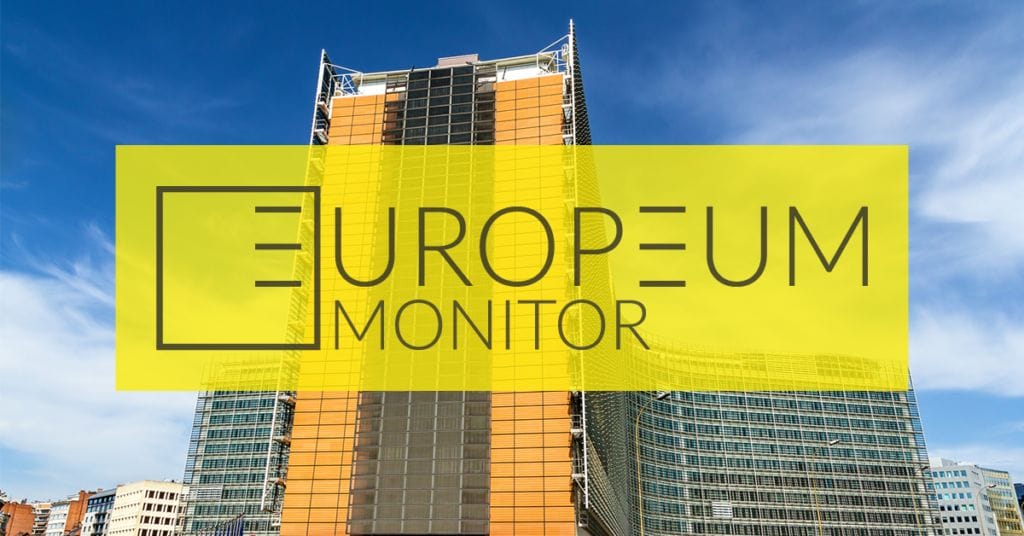EU MONITOR: The Original Sins of the new European Commission

- Nová Evropská komise ještě nezačala úřadovat a už se musí potýkat se dvěma závažnými politickými problémy. Jak naložit s demokratizací EU a jak se postavit k tomu, že v očích proevropských sil je Komise podporována euroskeptiky?
- Můžeme jim říkat "prvotní hříchy" nové Evropské komise, ve skutečnosti to ale může znamenat, že jestli byla Junckerova Komise nazývána jako politickou, Evropská komise pod vedením Ursuly von der Leyen může být tou nejvíc politickou v historii institutce.
Piotr Maciej Kaczyński ve svém monitoru označuje za prvnotní hřích proces Spitzenkandidátů, který se podle něj vrátí ještě se silnější podporou během úřadování von der Leyenové. Za druhý problém považuje podporu euroskeptických hlasů pro von der Leyenovou. Celý policy paper si v anglickém jazyce můžete přečíst pod tlačítkem PDF.
This one-off would not stand the test of time. In February 2018, the informal European Council concluded, in the words of its president Donald Tusk, “there is no automaticity in this process. The Treaty is very clear that it is the autonomous competence of the European Council to nominate the candidate, while taking into account the European elections, and having held appropriate consultations”.
The 2019 electoral results were ambiguous. On the one hand, the EPP remained the largest political group, yet it received fewer votes than five years earlier. Its candidate, Manfred Weber, unlike Mr Juncker five years earlier, did not receive the support of other groups.
On another hand, while the EPP was pushing for the candidacy of Mr Weber, another Spitzenkandidat , Frans Timmermans, build a small majority coalition in the Parliament. Mr Timmermans was the Social Democrat (S&D) candidate, who obtained additional support of three other political groups (the Greens, Renew Europe and the leftist GUE/NGL).





